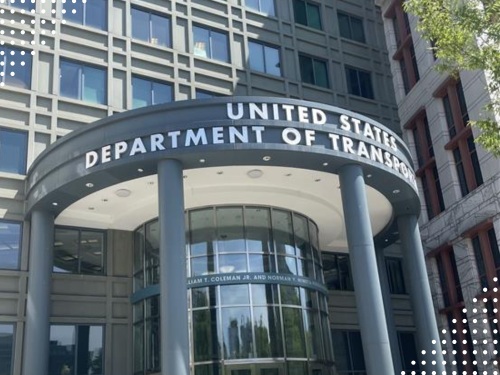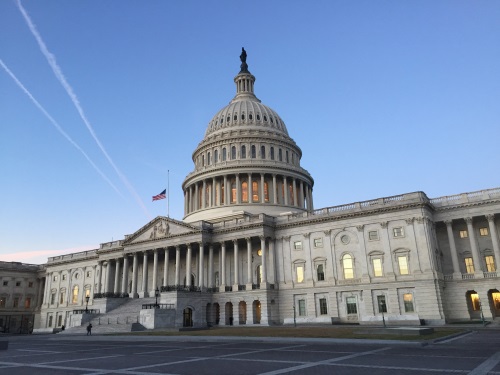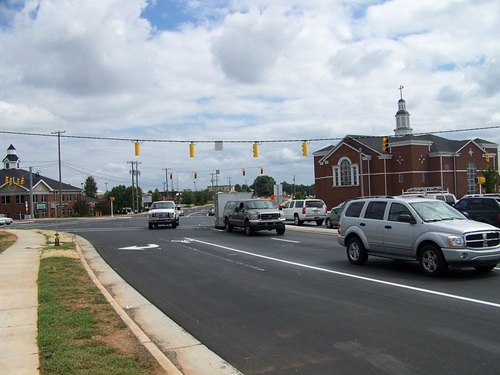The American Association of State Highway and Transportation Officials, the American Road and Transportation Builders Association, the Associated General Contractors of America, and the U.S. Chamber of Commerce are leading an effort to urge the House of Representatives to pass the $1.2 trillion Infrastructure Investment & Jobs Act” or IIJA passed by the Senate on August 10.
Those four groups sent a letter to House leadership on September 21 signed by 110 industry organizations stressing that the potential investments within the infrastructure bill would “facilitate long overdue repairs and improvements to our roads, bridges, rail, public transportation, and other critical infrastructure, such as airports, ports, broadband, energy, and water systems.”

AASHTO noted in an 81-page analysis of the IIJA that the bill provides $351 billion for highways over five years from the Highway Trust Fund and the General Fund, with $307 billion provided as formula apportionments to states. Importantly, the bill provides 90 percent of total funding from the Highway Account of the Highway Trust Fund directly to the states.
“By including a five-year reauthorization of federal highway, public transportation, and passenger rail programs, the agreement would also ensure states and localities have much-needed funding and policy certainty to proceed with planned projects,” it stressed.
“These programs are currently operating under an extension set to expire September 30, and the Federal Highway Administration recently warned the Highway Trust Fund could face cash shortfalls as early as November, which will severely disrupt highway projects,” the letter pointed out. “Taken together, the need for prompt action is imperative.”

A recent state DOT survey conducted by AASHTO highlighted the numerous short- and long-term economic and quality-of-life benefits poised to flow from the IIJA if Congress passes the measure.
That survey polled state DOTs from across the country as to how the proposed policy and funding outlined in the IIJA would help them improve the safety, efficiency, and productivity of the transportation systems they manage.
“The increase in highway formula funding will allow [us] to advance critical projects sooner, including safety improvements to save lives, corridor widening to relieve congestion, and new by-passes to redirect the ever-growing volume of freight out of downtown areas,” the Georgia Department of Transportation noted in its response to AASHTO’s survey.

“By building on and dramatically increasing funding of existing programs, the IIJA recognizes and bolsters the vital partnership between the federal and state governments,” added the Massachusetts Department of Transportation.
“The Act also creates numerous other opportunities for states and municipalities to seek discretionary funds for projects and priorities that may have been out of reach at previous funding levels,” the agency said.
A new report issued by the American Road & Transportation Builders Association illustrates the potential broader economic benefits of the IIJA.
According to ARTBA’s report – produced by IHS Markit – the combined $153.7 billion in new highway, bridge, and public transit investment proposed by the infrastructure bill would add $488 billion to U.S. GDP by 2027. That added economic activity means federal, state, and local tax revenues would increase more than $160 billion as well, ARTBA said.
 Top Stories
Top Stories


